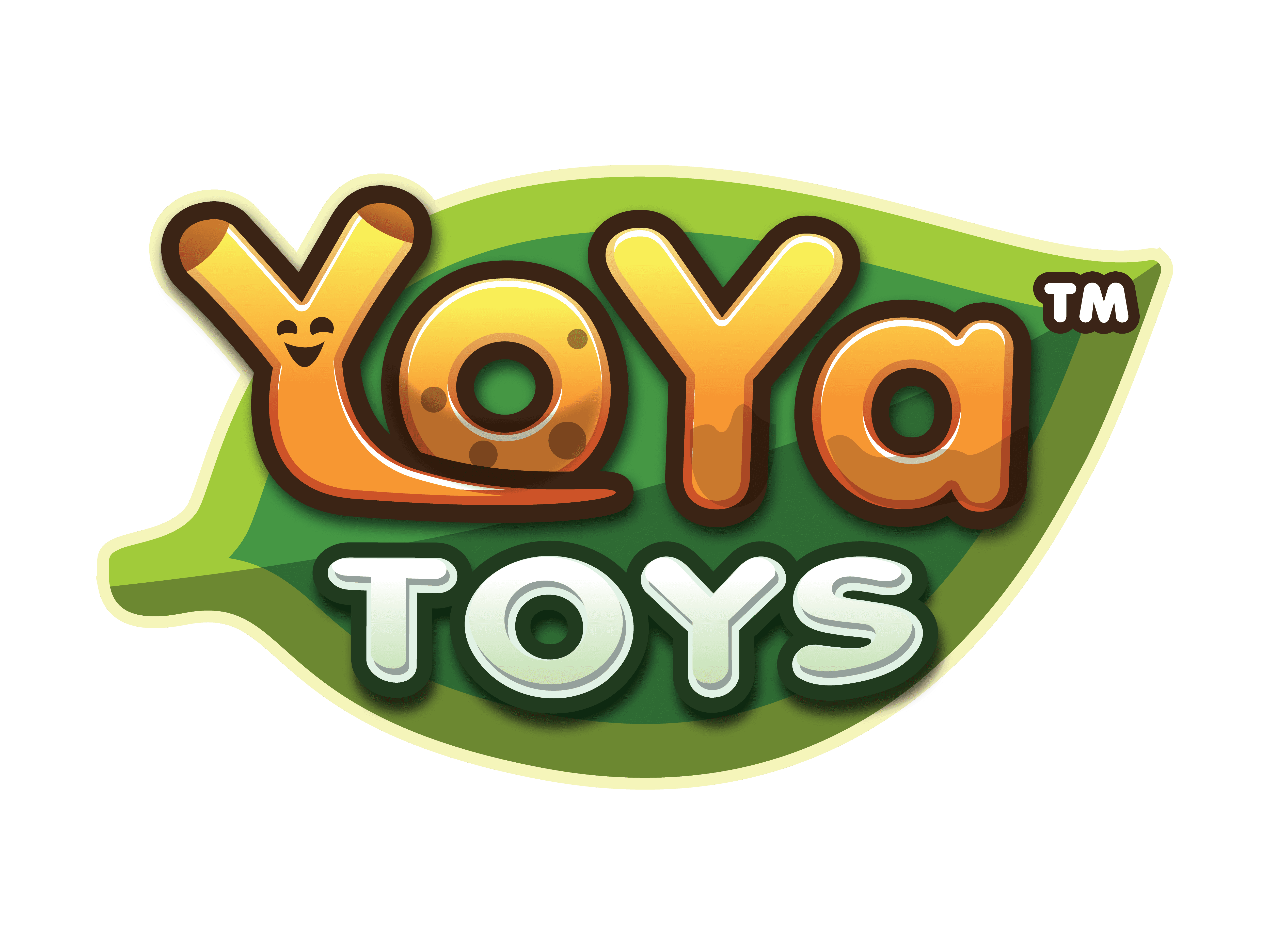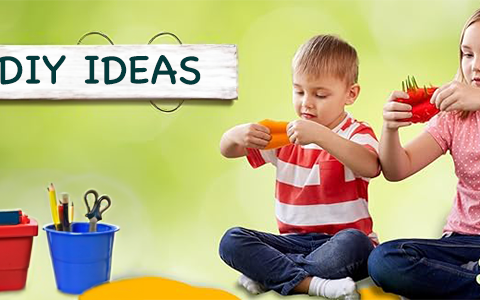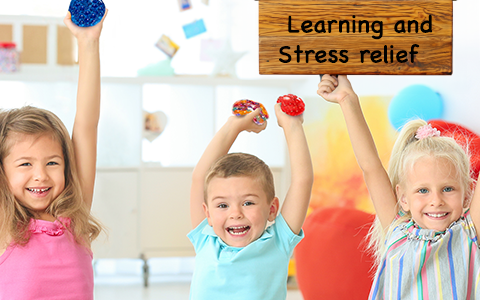Selecting the perfect sensory toy for your child can be a challenging task, given the plethora of different types of fidget toys and stress balls available in the market. In this article, we’ll help parents and caregivers navigate the selection process by offering guidance on factors including age-appropriate options, materials, and different types of fidget toys available.
Age-Appropriate Options
One of the first considerations when choosing between the different types of stress balls and fidget toys is the age of the child. Younger children may require toys that are larger, softer, and free from small parts to prevent choking hazards. Older children may benefit from more complex fidget toys that provide sensory stimulation while promoting focus.
Materials and Safety
The materials used in stress balls and fidget toys are crucial for both safety and sensory experience. Opt for toys made from non-toxic, hypoallergenic materials that can withstand rigorous use. Silicone, rubber, and foam are common safe materials. Always check for any potential allergens if your child has sensitivities.
Types of Fidget Toys
There is a wide variety of different types of stress balls and fidget toys on the market, each designed to cater to different needs and preferences. Consider whether your child benefits from tactile stimulation, auditory feedback, or visual engagement. Some popular options include squishy stress balls, spinners, sensory rings, and textured fidget toys.
Specific Needs or Preferences
Every child is unique, and their preferences for stress relief toys can vary. Some children may prefer discreet, pocket-sized fidget toys for use in the classroom, while others may benefit from larger, more sensory-rich options for use at home. Take into account your child’s individual needs and preferences when making your choice.
In conclusion, selecting the right type of stress ball or fidget toy for your child involves careful consideration of factors such as age-appropriateness, materials, and your child’s specific needs and preferences. By making an informed choice, you can provide your child with a valuable tool for managing stress and improving focus.





Leave a comment